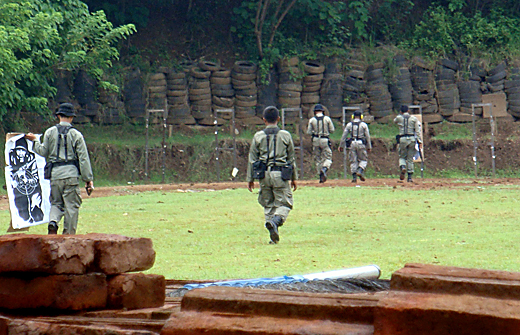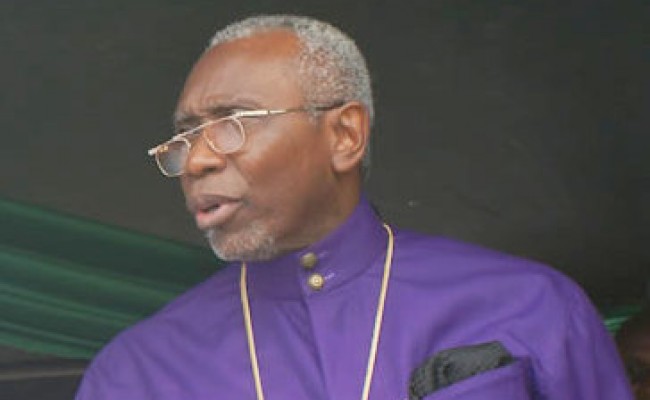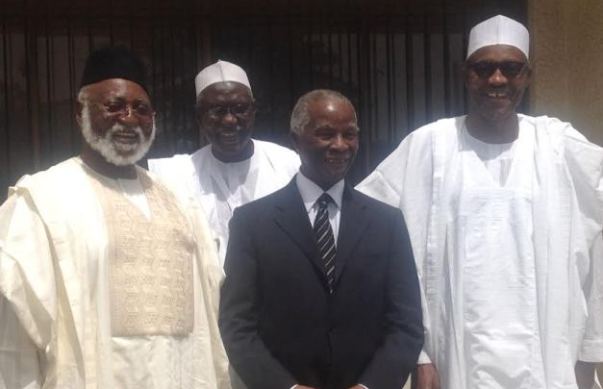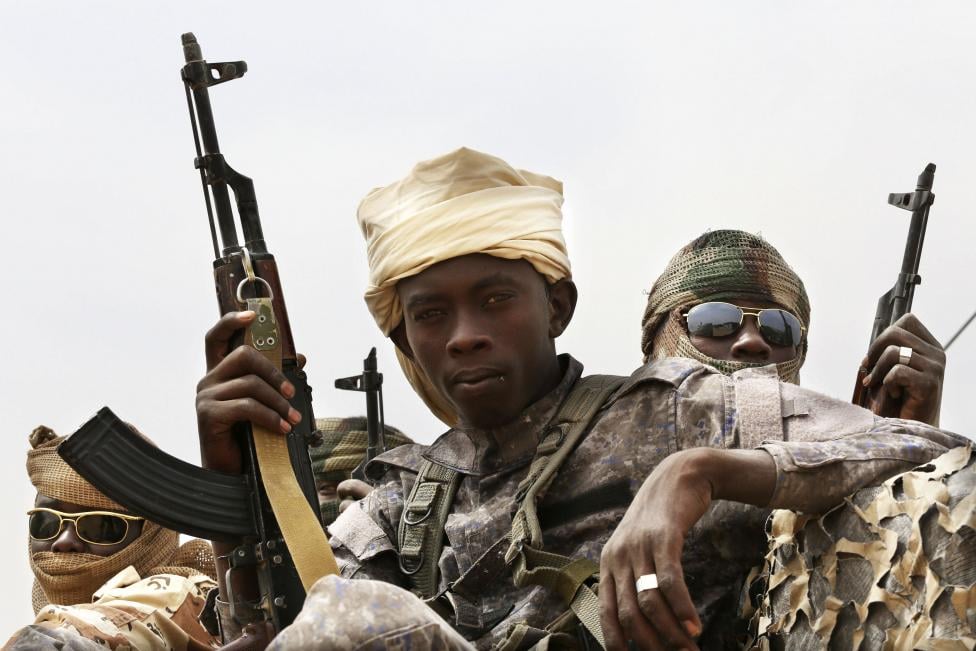Despite the plea of President Goodluck Jonathan to the Indonesian government for the release of Agbaje Salami, a Nigerian facing death penalty in the southeast Asian country, the Nigerian is set to be executed.
Last week, Jonathan met with Harry Purwanto, Indonesia’s new ambassador to Nigeria, at the presidential villa, and one of the matters discussed was the impending execution of three Nigerians, including Salami, for drug-related offences.
Now, an Indonesian court has dismissed Salami’s legal challenge over the rejection of his clemency plea by Joko Widodo, president of Indonesia.
Hendro Puspito, a judge at the administrative court in East Jakarta, said the court had no jurisdiction over presidential decisions.
Advertisement
“The court could not test the authority, consideration and substance, so the challenge could not be accepted,” Hendro said.
Salami (alias Jamiu Owolabi Abashin) was arrested in 1998 for smuggling 5.3 kg of heroin into Surabaya, capital of East Java province.
He is to be executed in Nusakambangan Island of Central Java.
Advertisement
Nine other drug traffickers from Australia, French, Brazil, Ghana and Indonesia would share the same fate with him.
Widodo has remained tough on his zero tolerance for drug trafficking, saying the country is suffering a drug emergency.
Muhammad Prasetyo, Indonesia’s attorney-general, said preparations had been concluded at the execution site where the convicts would face a firing squad.
Several other countries have been pleading with the Indonesian government not to go ahead with the planned execution.
Advertisement
Brazil had to postpone acceptance of the credentials of Indonesia’s new envoy in protest of the execution, while Australia urged Indonesia to consider its 2004 $1 billion Tsunami aid package in sparing the lives of the Australians involved.
On its part, the federal government summoned Purwato in Abuja on Monday and urged him to convince his country to convert the execution to life sentence.
Danjuma Sheni, a permanent secretary in the ministry of foreign affairs, told the envoy that going ahead with the decision could jeopardise the relationship between both countries.
“We, in this context, are very aware of the consequences of drug trafficking in your country, but we still want to put it on record and we still want to appeal to you and to your president to tamper justice with mercy,” he said.
Advertisement
“We understand that the three condemned Nigerians have gone through the judicial processes and their appeals to the President have been turned down.
“We also understand, particularly, that one of them, Mr Salami, had been moved to an Island and that any moment from now, he may be executed.
Advertisement
“We want to appeal to you and through you to your government that this death sentence that may be carried out on Mr Salami any moment from now should be converted to life imprisonment.”
Responding, Purwato acknowledged the robust nature of the relationship between his country and Nigeria, and explained that the trial of the Nigerians was done transparently.
Advertisement
He said foreigners travelling to Indonesia were usually informed in advance that trafficking in narcotics attracted the death penalty.
The envoy said that all the legal processes available to the convicts had been exhausted, adding, however, that he would deliver the federal government’s message to his home government.
Advertisement
Add a comment







